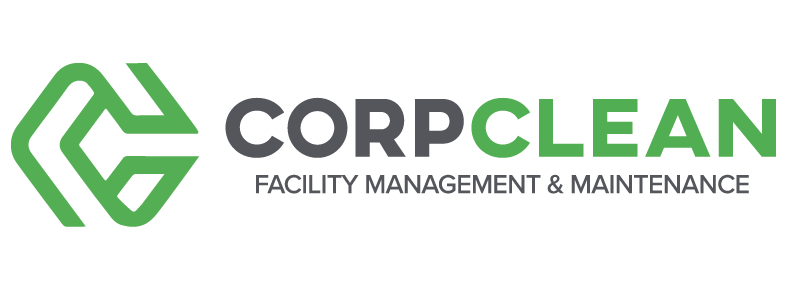Would Your Business Benefit from Integrated Facilities Management?
Busy business leaders need to work smarter, not harder. Integrated facilities management (IFM) can save you time and money.
In many organizations, facility management responsibilities fall on one or more of the company’s leaders. And more often than not, those duties are added to somebody’s primary role, such as generating sales, maintaining the books, or managing operations. As a result, keeping a building safe, clean, and operational becomes a reactionary function rather than an organized business strategy.
Ideally, facility management would be a coordinated effort overseen by someone dedicated to the task. Then, routine and preventative maintenance could be scheduled in advance, contracts reviewed annually, and costs contained. And leaders could focus on running their core businesses.
A professional integrated facility management (IFM) program is a practical solution for consolidating a company’s maintenance tasks while freeing up valuable resources. IFM can increase efficiency, generate cost savings, and leverage industry technology and knowledge—and your business can reap the benefits.
What is IFM?
Integrated facilities management involves centralizing building cleaning and maintenance tasks under a single point of contact. An outsourced provider covers all maintenance services, such as recurring janitorial services, HVAC servicing, lightbulb and consumables replacement, facility exterior and grounds upkeep, carpet cleaning, hard-floor care, and more.
Implementing IFM could mean trading multiple vendor contracts for a single provider, depending on your current facilities management arrangement. Compared to managing countless tasks individually, IFM results in more effective building maintenance management, quicker responses to service requests, and less employee downtime.
Integrated facilities management is not simply a matter of bundling maintenance services. Whereas bundling involves using vendors for multiple maintenance tasks, IFM applies to facility management’s higher-level strategic and tactical aspects. Unburdened by the day-to-day management of maintenance duties, managers have time to take a more strategic approach to facilities management.
Benefits of IFM
Consolidating facility management efforts under one provider offers numerous advantages. For one, your business will reduce the number of vendors it uses and, thus, the annual service contracts it needs to negotiate.
The single-source approach also means fewer monthly invoices to process and vendor relationships to manage. And it means one touchpoint for all your customer service needs.
Second, using a single vendor will lower your overall maintenance expenses. Because facility management is the only thing they do, IFM providers develop operational efficiencies and economies of scale. They can also leverage their size and purchasing power to obtain discounts and pass those savings on to you. In most cases, your company will pay less with one IFM provider than if you acquired each maintenance service from a separate source.
Third, employing an integrated solution is a more straightforward approach to facility management. It helps eliminate unintentional duplication and redundancy of maintenance efforts. Companies can streamline decision-making, ensure quality, and pinpoint accountability using a singular provider. Service consolidation provides a more transparent view of your organization’s facility management expenses, as inefficiency and unnecessary spending become easier to identify.
Finally, IFM ensures your facilities management is scalable as your business expands. In-house solutions designed to handle today’s needs will eventually reach their limits as the company grows and adds locations. Integrated facilities management is a quick and cost-effective way to scale facility management with your business.
Your facilities are among your company’s most costly assets, and managing them is expensive. Therefore, facility management must align with the organization’s overall business objectives.
IFM frees business leaders from daily facility management burdens and allows them to focus on other goals. Properly implemented, integrated facilities management will improve communication, streamline internal operations, and enhance organizational productivity and wellness.
In many organizations, facility management duties are an afterthought—something added to someone’s primary role. When that happens, keeping a building safe, clean, and operational distracts from core business activities.

